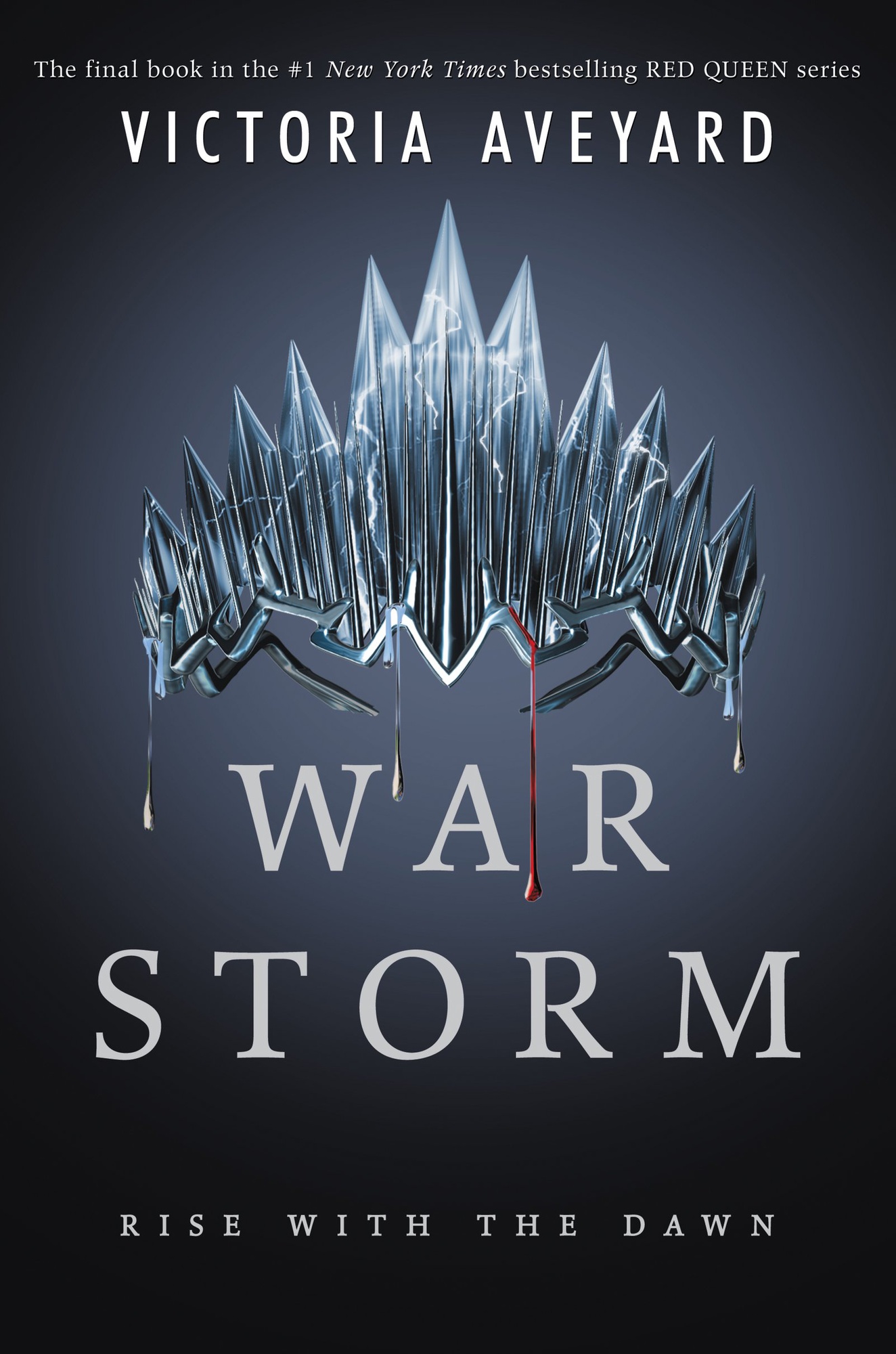
News
Summers Will Not Finish Semester of Teaching as Harvard Investigates Epstein Ties

News
Harvard College Students Report Favoring Divestment from Israel in HUA Survey

News
‘He Should Resign’: Harvard Undergrads Take Hard Line Against Summers Over Epstein Scandal

News
Harvard To Launch New Investigation Into Epstein’s Ties to Summers, Other University Affiliates

News
Harvard Students To Vote on Divestment From Israel in Inaugural HUA Election Survey
‘War Storm:’ A Hurricane of Strong Female Characters
4 Stars

Three years after her debut novel, “Red Queen,” Victoria Aveyard has returned with “War Storm,” the fourth and final installment of her series. After hundreds of pages of political meetings and battles throughout the series, an agreement is finally reached between the ruling Silvers and the oppressed Reds. Although sequels often lose focus with each iteration, “War Storm” manages to pack just as powerful a punch as “Red Queen,” with its many powerful female characters and quickly paced narration. Aveyard has provided a satisfying ending for her thought-provoking series.
Aveyard has cleverly constructed a dystopian world that is similar enough to our own to make it particularly poignant. The Silvers, who have silver blood and special physical and mental powers, rule over the Reds, who bleed red and lack the abilities of the Silvers. That is, until it is uncovered that some Reds are genetically gifted with Silver-like powers, but stronger. This discovery fuels the Scarlet Guard, a vigilante group of Reds who hope to liberate the Reds who spend their lives working in sub-optimal conditions for little pay or face conscription to fight a war only the Silvers care about. This genetics-based discrimination vividly depicts the full potential of such hatred against a group.
There has never been a lack of strong women in the “Red Queen” series, but until “War Storm” the point of view came primarily from Mare Barrow, the protagonist who stands as the face of the Scarlet Guard. “War Storm” brings more points of view with Evangeline, a Silver (used as a pawn by her father) who would rather be with her mistress than the king she is betrothed to, and Iris, a princess of a different kingdom who is determined to use her new marriage to her advantage. There is also a stronger focus on Farley, a general in the Scarlet Guard who controls a rebellion as a single mother, and Anna, the grandmother of a king who tirelessly works behind the scenes.
Although on different political sides, these women are not afraid to admire the powers of others like when Evangeline compliments Mare’s talents for “upsetting Calore men” to further her agenda, or when Farley tells Mare, “I’m damn proud of you,” for her hard work. These women often fight against one another for their varying beliefs, but aren’t there to senselessly tear each other down. They respect power, even in those they wish to defeat. It is satisfying to read a dystopian novel that features so many well-rounded female characters, each with their own hopes, dreams, and weaknesses.
Unfortunately, the prose itself leaves something to be desired. Some sentences and paragraphs feel disjointed and out of place, “making everything that has occurred since that day be for nothing.” There is a good deal of repetition, particularly of Mare’s heartbreak, Maven’s loss of humanity, and Cal’s choice to be king. At a certain point, the emotional impact of these plot points is stripped, leaving these sentences lacking emotive meaning.
Aveyard’s prose could be more sophisticated, but if a reader has made it to the fourth installment, her repetition and disjointed sentences can be overlooked in order to reach a satisfying ending. Over time, Aveyard has added more powerful female voices to her story, and each enrich the narrative. Along with an ending that wraps the entire series up in a neat bow, Aveyard has succeeded in writing a YA dystopian series that is worth reading.
Want to keep up with breaking news? Subscribe to our email newsletter.
